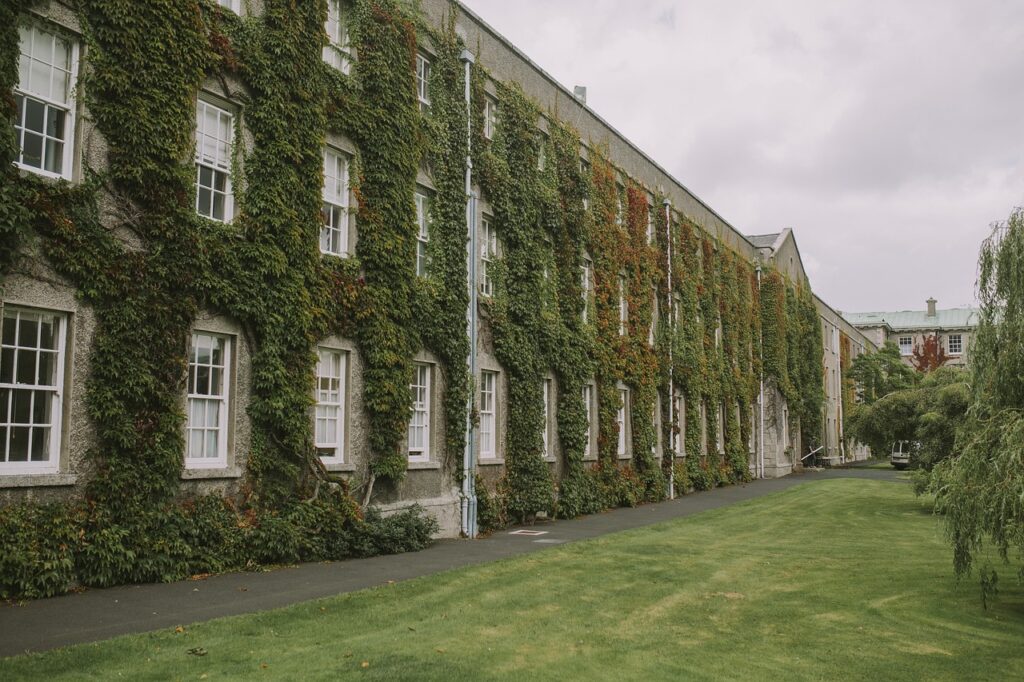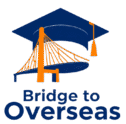Study in South Korea
High-quality education, affordable tuition, and many scholarship options for international students.
South Korea is more than K-pop and kimchi — it is an excellent destination for international students. The country ranks among the top global education systems and has seen growing demand from international applicants since 2010. Average university tuition in 2023 was about 6.8 million KRW per year (≈ $5,800), though costs vary by program and institution.
Many programs are offered in English, and international students may work part-time after six months of residence to help cover living costs. Generous scholarship programs (e.g., GKS) make study in Korea affordable for many.
South Korea Study at a Glance
| Level | Typical Age | Typical Tuition | Scholarship Chance | Language |
|---|---|---|---|---|
| Primary / Secondary | 5–18 | Public: low / International schools: $20,000–35,000 (annual) | Depends on school | Korean (international schools: English) |
| Bachelor's | 18–25 | Varies widely; average ≈ 6.8M KRW / year (~$5,800) | Low–Medium | English programs: IELTS/TOEFL; Korean programs: TOPIK |
| Master's | 23–30 | 1–3 years; many programs offered in English | Medium | IELTS/TOEFL or TOPIK as required |
| PhD | 27–40 | Typically 3 years; many funded positions | High for funded research projects | Supervisor approval; IELTS/TOPIK as required |
Leading South Korean Universities (QS 2024)
| University | City | QS Rank (2024) |
|---|---|---|
| Seoul National University | Seoul | #41 |
| KAIST (Korea Advanced Institute of Science & Technology) | Daejeon | #56 |
| Yonsei University | Seoul | #76= |
| Korea University | Seoul | #79 |
| POSTECH (Pohang University of Science & Technology) | Pohang | #100= |
| Sungkyunkwan University (SKKU) | Suwon | #145= |
| Hanyang University | Seoul | #164= |
| UNIST (Ulsan National Institute of Science & Technology) | Ulsan | #266= |
| GIST (Gwangju Institute of Science & Technology) | Gwangju | #328= |
| Kyung Hee University | Seoul | #332= |
Study Levels & Key Notes
Schools (12 years)
Primary through secondary education totals 12 years. International students aged 5–18 may attend Korean schools or international schools (tuition applies).
Bachelor's (4–6 years)
Most bachelor's programs last 4 years; professional fields (e.g., pharmacy) may be longer. English-taught programs often require IELTS/TOEFL or TOPIK for Korean programs.
Master's (1–3 years)
Most master's programs run 1–3 years. Around 30% of programs are offered in English.
PhD (3 years)
PhD programs are commonly 3 years and include coursework, comprehensive exams, and a dissertation. Admissions may start in Spring or Fall.
Admission Requirements
- Completed prior education (typically 12 years for bachelor's entry).
- Application form, passport copy, recent passport photo, and academic transcripts.
- Recommendation letters, personal statement (motivation letter), and CV/portfolio if applicable.
- Language proof: TOPIK for Korean-taught programs; IELTS/TOEFL for English-taught programs.
- Application fee: typically $60–$150.
- Apostille or embassy/consulate verification may be required for documents from certain countries.
Costs and Scholarships
| Degree / Field | Tuition (USD, per term) |
|---|---|
| Associate — Humanities | $1,500–$6,200 |
| Associate — Science | $1,800–$6,300 |
| Associate — Arts & Sports | $1,700–$7,300 |
| Associate — Engineering | $1,700–$6,200 |
| Associate — Pharmacy | $4,300–$10,800 |
| Bachelor's — Humanities | $1,600–$7,400 |
| Bachelor's — Science | $1,800–$8,400 |
| Bachelor's — Arts & Sports | $1,900–$8,500 |
| Bachelor's — Engineering | $1,800–$8,300 |
| Bachelor's — Pharmacy | $4,300–$10,800 |
| Graduate — Humanities | $1,100–$13,300 |
| Graduate — Science | $1,500–$8,600 |
| Graduate — Arts & Sports | $1,500–$6,400 |
| Graduate — Engineering | $1,600–$20,900 |
| Graduate — Pharmacy | $2,300–$10,600 |
| Application Fee | $60–$150 |
Popular Scholarships
South Korea offers a variety of scholarships: government (GKS), university, and private scholarships. Below are commonly available options.
- GKS (Korean Government Scholarship) — wide categories for undergraduates and research students; often covers tuition, monthly stipend, arrival & settlement allowances.
- Seoul National University President Scholarship
- Yonsei University International College (UIC) scholarships
- POSCO TJ Park scholarships for Asian students
- Samsung Global Hope and other corporate scholarships
- University-based merit and need-based scholarships, tuition reductions, and research grants
Example: GKS (typical benefits — approximate)
- Arrival allowance: ~200,000 KRW
- Tuition coverage (up to program limits; e.g., some categories cover tuition up to ~5,000,000 KRW)
- Settlement allowance: ~200,000 KRW
- Monthly living stipend: ~900,000–1,500,000 KRW (varies by category)
Ready to plan your South Korea study path? Get a free study plan with program and visa guidance.
Get a Free Study Plan

